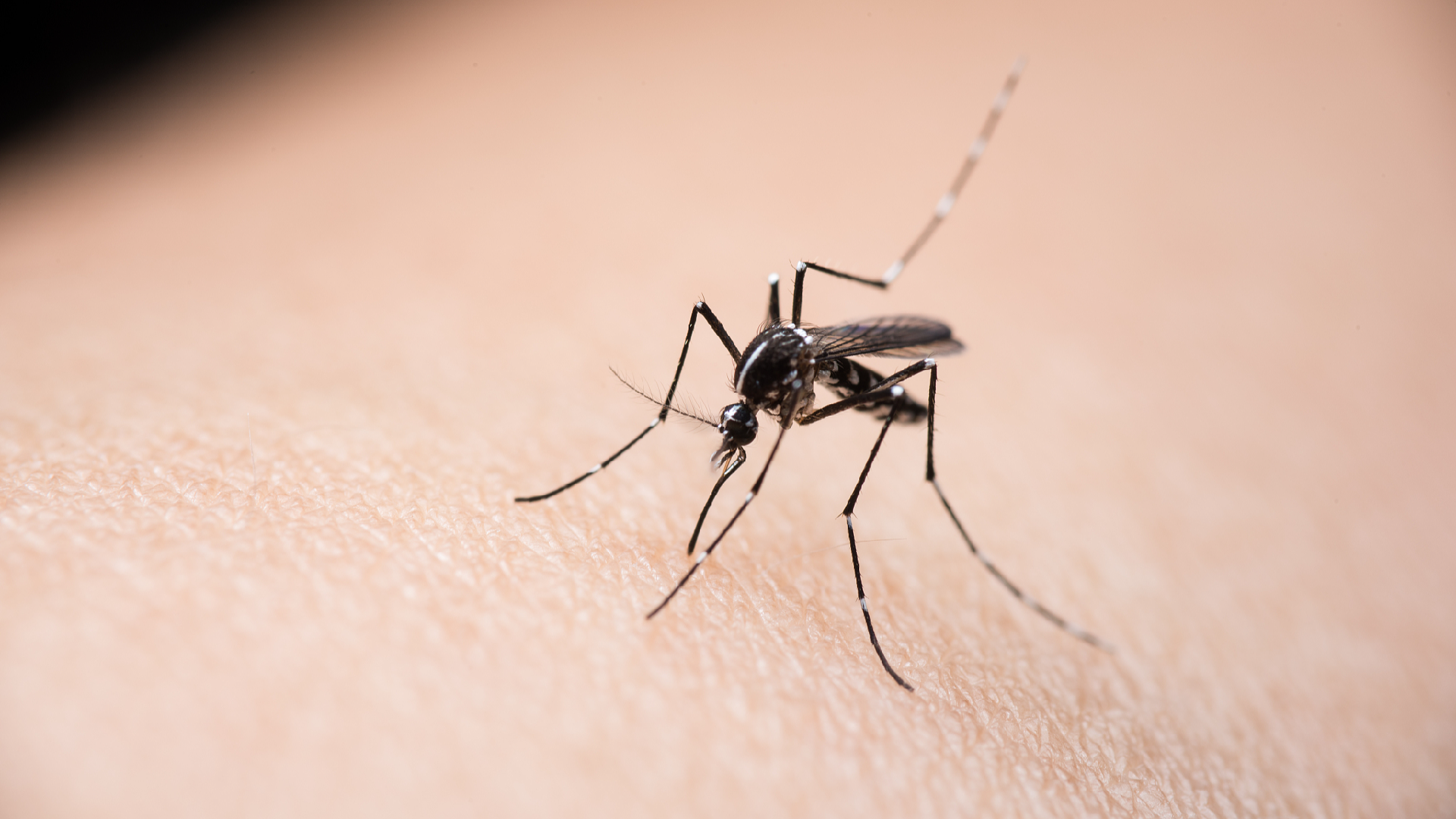Scientists Make Major Strides in Controlling Mosquito-Borne Diseases
Scientists have made a significant advance in the fight against diseases spread by mosquitoes. This breakthrough holds promise for improved control and reduction of mosquito-borne illnesses.

Researchers from various institutions, including Michigan State University, Jinan University, and Guangzhou Wolbaki Biotech Co., Ltd., made up the international team, which shared their findings in the academic journal *Science Robotics* on Wednesday.
Mosquito-borne diseases such as dengue fever have escalated in severity due to climate change and human movement in recent years. Traditional chemical control methods have shown limited efficacy and contribute to environmental pollution and drug resistance issues, according to Li Yongjun, an associate professor at Jinan University.
Li highlighted the benefits of biological control, noting, "Studies have shown that releasing male mosquitoes, which do not bite or transmit diseases, to mate with wild female mosquitoes can effectively control the wild mosquito population."
Although this control strategy has been validated in multiple countries for reducing the population density of disease-spreading mosquitoes and curbing the spread of dengue fever, the widespread application has been hampered by the challenge of separating male from female mosquitoes on a large scale.
Gong Juntao, a researcher at Guangzhou Wolbaki Biotech Co., Ltd., explained that the team developed an automated device capable of efficiently stirring, separating, and collecting mosquito pupae. This automated separator enables an operator to separate more than 16 million male mosquitoes by working eight hours a day, five days a week, representing a 17-fold improvement over manual sex separation methods.
Gong emphasized that the results indicate the automated device's potential in effectively controlling tropical mosquito-borne diseases.
The device has already been sold to 18 countries, including the United States, Australia, and Italy.
Alejandro Jose Martinez contributed to this report for TROIB News
Discover more Science and Technology news updates in TROIB Sci-Tech












